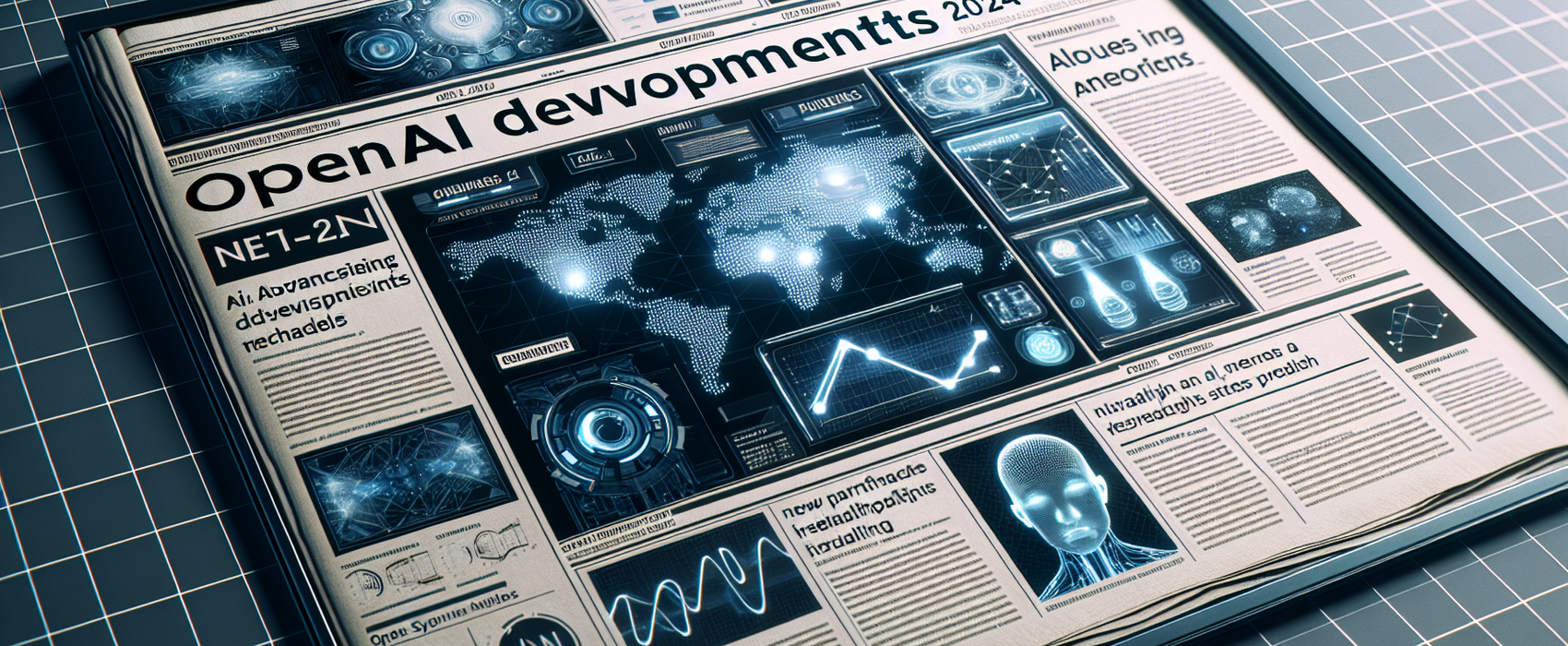OpenAI continues to make headlines today, with developments ranging from leadership shifts to significant risks associated with its technology, particularly in healthcare applications.
Leadership Changes at OpenAI
In a notable shift within the organization, the Head of AGI Policy Research at OpenAI has announced his departure. Miles Brundage, who had been pivotal in shaping the company's approach to artificial general intelligence (AGI) safety and policy, is set to focus on broader issues impacting the AI industry. His vision includes creating a shared understanding of AI's risks and benefits, enhancing public participation in AI development, and improving regulatory frameworks to ensure safety.
Brundage emphasized that the rapid advancements in AI require more rigorous oversight and public engagement. He expressed concerns about the current state of AI safety conditional on the level of investment in research and regulation. OpenAI, he believes, is still a crucial player in the AI landscape despite his departure, and he has expressed excitement for its ongoing commitment to fostering a culture of safety.
"I think the world needs to align interests in a way that maximizes both the opportunities and safety associated with AI," Brundage said in an interview following his announcement.
His departure is significant as it reflects a growing trend where industry leaders are increasingly aware of the complex ethical landscape surrounding AI development.
Risks Associated with OpenAI’s Whisper Tool
In parallel to these leadership changes, reports have emerged regarding OpenAI's Whisper, an AI audio transcription tool, which has been adopted widely in high-risk industries like healthcare. Despite its rapid integration into medical settings, specialists have raised alarms over its propensity for "AI hallucinations," where the model generates nonsensical or dangerous outputs.
The implications of such hallucinations are particularly concerning in health settings, where inaccurate transcriptions could lead to misdiagnoses or inappropriate treatments. A recent study revealed that a University of Michigan researcher encountered hallucinations in about 80% of the transcriptions analyzed, including alarming examples of fabricated medical commentary.
Healthcare providers, including over 30,000 clinicians and several major health systems, have begun using Whisper, raising questions about the safety protocols surrounding AI implementations. Microsoft, which has collaborated with OpenAI, has stated that Whisper was never intended for high-stakes environments, underscoring the potential misuse of advanced AI tools if not applied cautiously.
"It's problematic if users overestimate the capabilities of these tools, integrating them without a thorough understanding of their limitations," noted William Saunders, a research engineer and former OpenAI employee.
Innovations in Real Estate Powered by OpenAI
Amidst the challenges, OpenAI's technology also fuels innovation across various sectors, including real estate. At a recent hackathon hosted by eXp Realty, teams developed cutting-edge solutions using OpenAI’s advanced technologies to address real estate challenges. The winning team created a referral bidding platform aiming to streamline the referral process for agents, demonstrating how AI can enhance operational efficiency.
Seth Siegler, Chief Innovation Officer at eXp Realty, lauded the creativity displayed during the event, stating, "We are excited to see how their solutions evolve and impact our industry." This hackathon showcased how OpenAI's tools can drive transformative change in business operations when applied innovatively.
Future Prospects for OpenAI Technologies
As OpenAI navigates the complexities of leadership changes and addresses the emerging concerns regarding AI hallucinations, it is clear that the organization remains at the forefront of AI advancement and its implications. Major players in the tech industry are closely observing OpenAI's developments, as their collaborations—particularly with companies like Microsoft and Google—position them for continued influence in AI's rapidly evolving landscape.
Investors and stakeholders will be keeping a close watch on upcoming announcements, particularly as companies like Alphabet and Microsoft also reinforce their commitments to AI applications, likely altering competition dynamics in the technology sector.
Conclusion
The landscape for OpenAI today highlights a blend of innovation and caution. Leadership changes signal a deeper focus on safety and ethical considerations in AI, while ongoing risks—such as that posed by the Whisper tool—underscore the urgent need for rigorous oversight. Meanwhile, the creative applications of OpenAI technology in fields like real estate point to a promising future. The multifaceted nature of OpenAI’s journey emphasizes the critical balance between harnessing AI’s potential and ensuring public safety.

